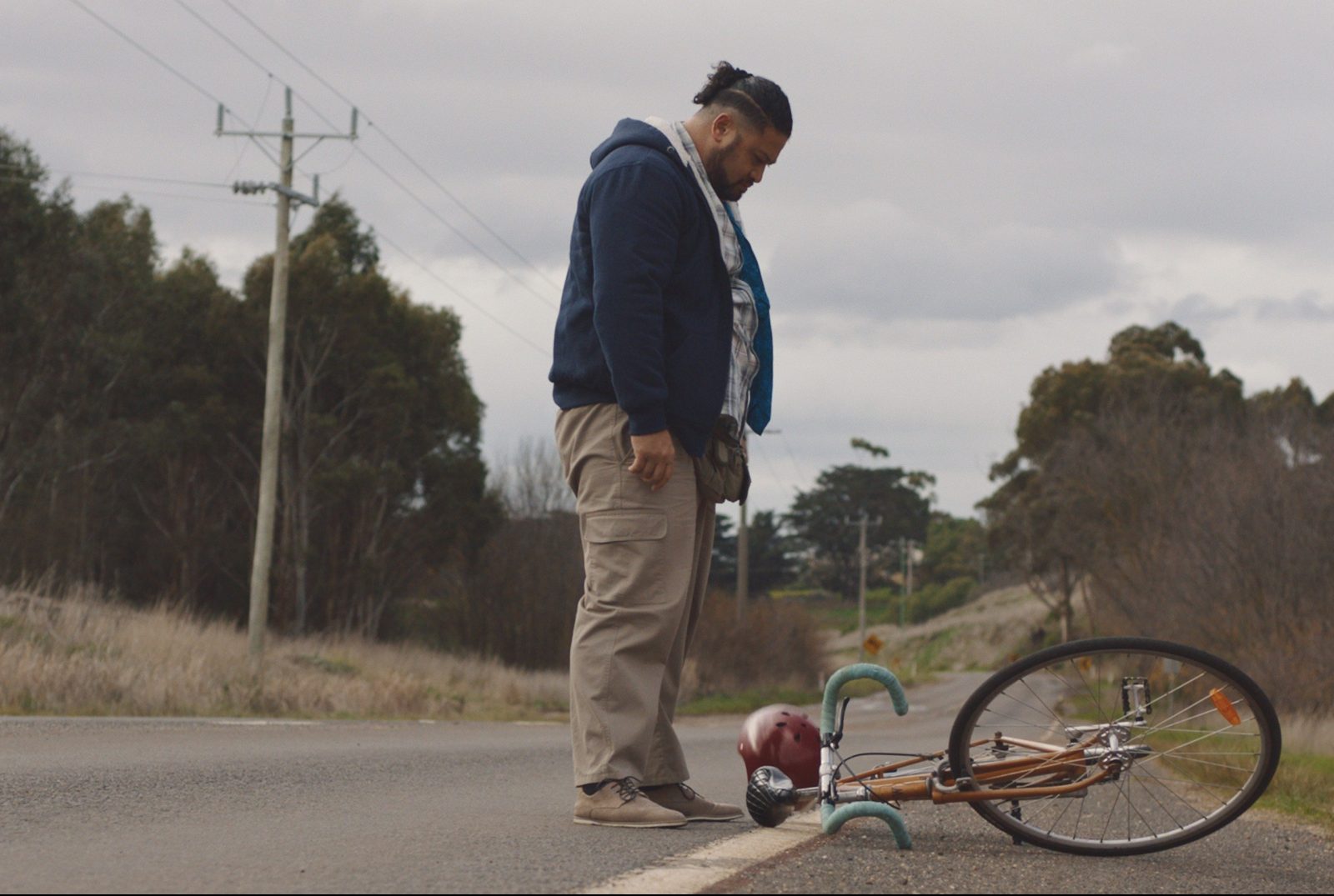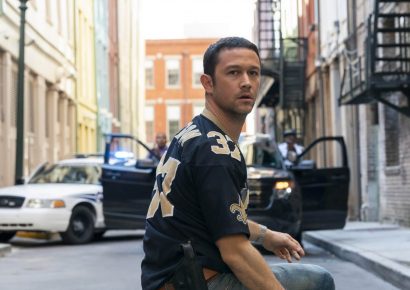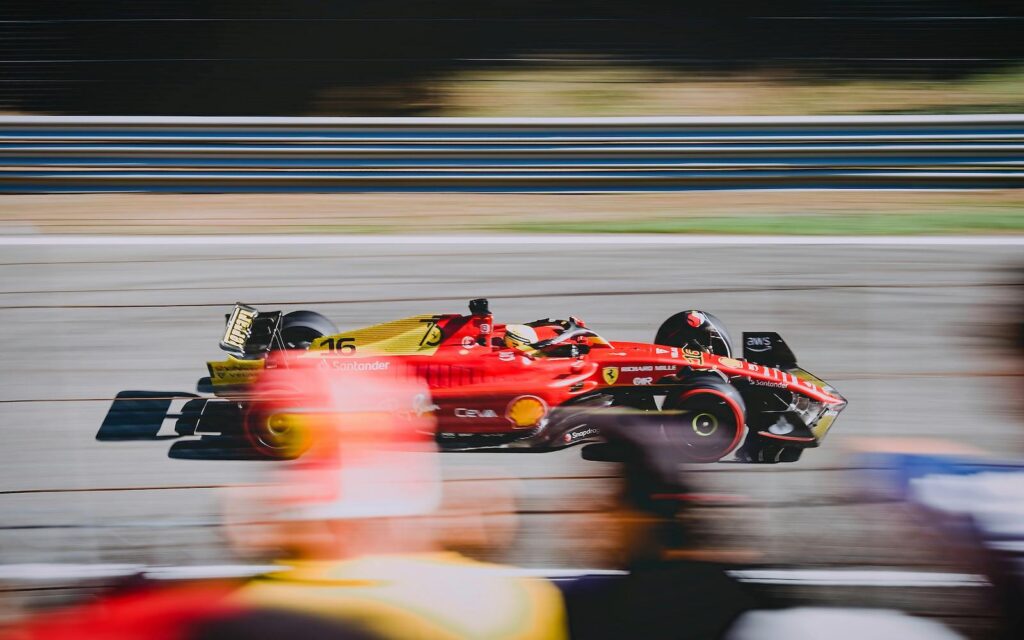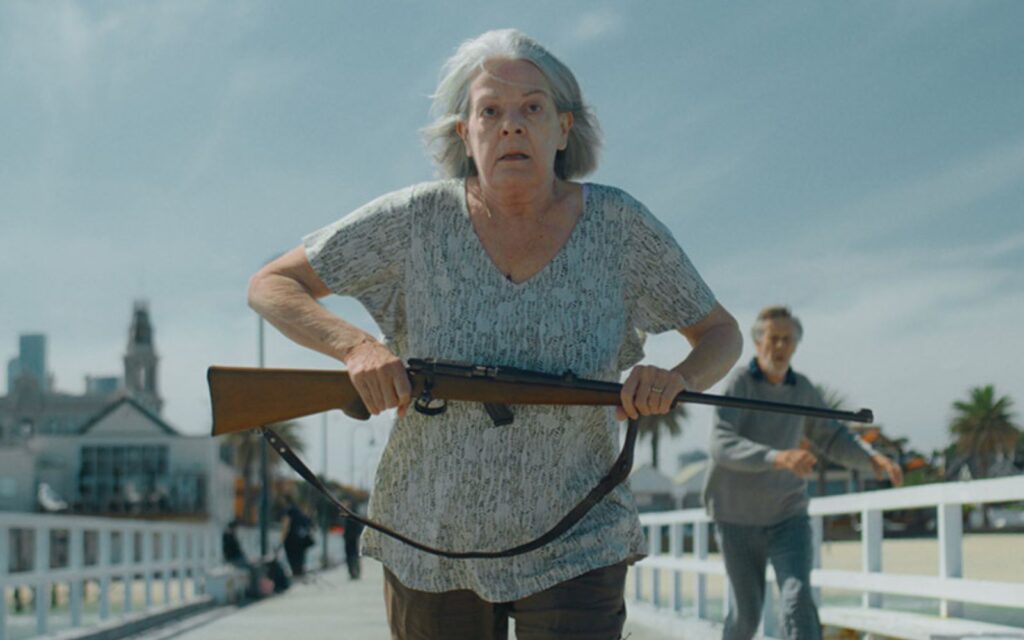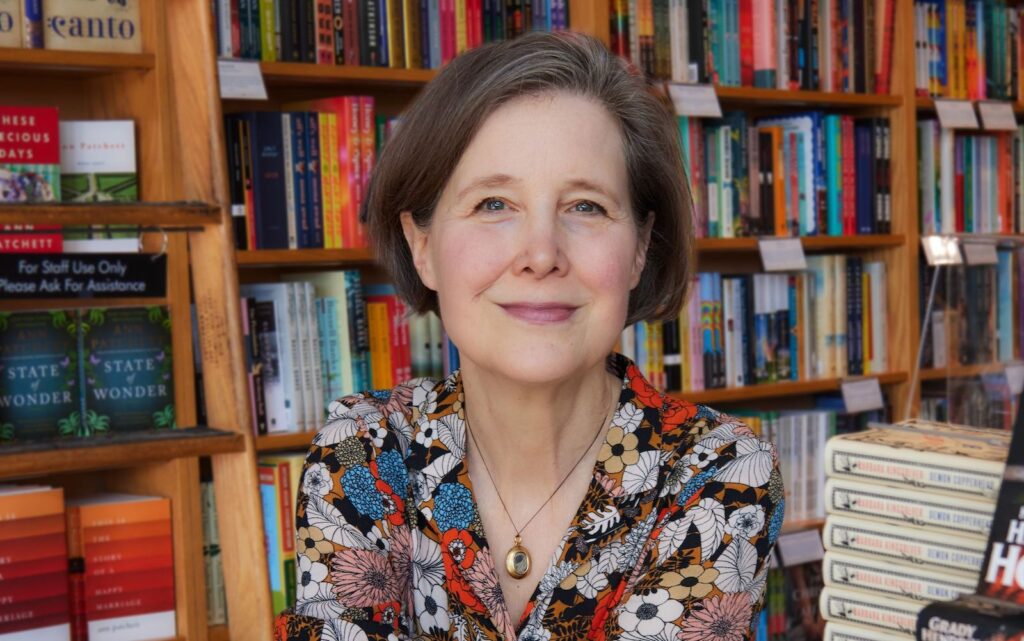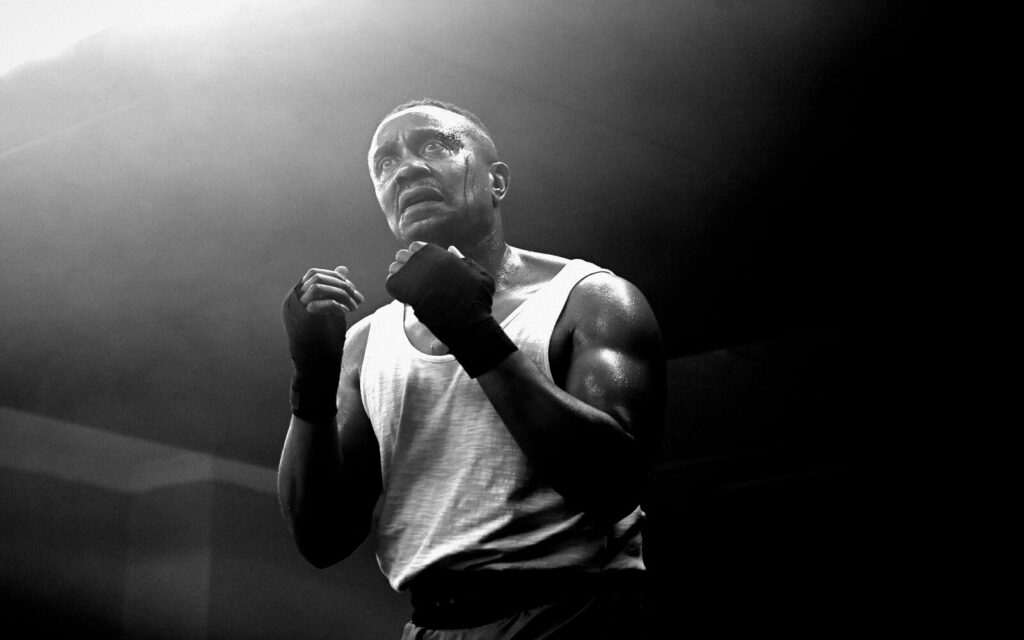All the flicks you can’t miss at MIFF.
The Melbourne International Film Festival (MIFF) is on its way, and for its first-ever online extravaganza, the event has prepared some incredible treats. Sporting the name MIFF 68½ – to commemorate its 68-year history – this year’s festival includes a dizzying range of features, documentaries and shorts, including several world and Australian premieres, all to be enjoyed in the comfort of your very own home.
MIFF 68½ kicks off on August 6, with Kelly Reichardt’s First Cow showing as the opening night film. From then until August 23, MIFF’s first-ever streamable program is offering up a grand total of 113 films, including no less than 83 Australian firsts.
A variety of bundles are also on offer, bringing you specially-selected packs of two, three or ten films with complementary themes. Our picks are The Monthly’s Social Justice Pack, the Cinephile 10 Pack and this free bundle of Australian Shorts.
MIFF already has a wide range of films currently up for pre-purchase, so make sure you lock in your favourites now. With so many incredible films on offer, it can be a bit overwhelming to sift through the program so we’ve taken the leisure of curating a small selection of prime films worth checking out this MIFF. Happy watching!
Kuessipan
Meaning “your turn” in Innu, Kuessipan is a tender coming-of-age drama, adapted from screenwriter Naomi Fontaine’s novel of the same name. It follows the path of two First Nations girls from Canada, Mikuan and Shaniss, as they pass through their teenage years into womanhood. From vastly different family backgrounds but bound together by an unbreakable bond of friendship, Mikuan and Shaniss navigate the raw, often painful experiences that come with the pursuit of one’s place in the world. Director Myriam Verreault collaborated closely with Fontaine to create this intimate story of Indigenous experience which confronts colonialism and its legacy, celebrates Innu culture, and recognises the strength of First Nations communities.
Buy tickets to Kuessipan here.
Welcome to Chechnya
This gripping documentary from Academy Award-nominated director David France exposes the inescapable persecution of LGBTIQ+ people in Chechnya, who are at risk of being detained en masse, tortured and killed. The Russian Republic is one of the most dangerous regions for LGBTIQ+ people in the world, but has long fought to keep its human-rights abuses secret. Utilising innovative VFX technology to replace the subject’s faces and preserve their identities, this gripping documentary compiles footage of illegal border crossings at a frenetic, docu-thriller pace, to reveal the struggles faced by those who risk their lives to bring persecuted Chechnan refugees to safety.
Secure your ticket here.
Paper Champions
In this world premiere, Paper Champions, a delightfully-Australian rom-com, is the coming-of-age-a-bit-later story of regular-guy Rey, a photocopier salesman who has lost his “Mana” – the term for power, charisma and confidence in Polynesian cultures. With help from his family, best friend, an ex-wrestler and dance teacher, Rey begins his quest to find his Mana, in the hopeful pursuit of love. Set and shot in Geelong, Jo-Anne Brechin’s Paper Champions is a genuinely hilarious, buoyant narrative about the realisation of inner strength that’s guaranteed to uplift any mood.
Book in to watch Paper Champions here.
The Fever
Documentary filmmaker Maya Da-Rin’s masterful exploration of contemporary Indigenous experience submerges the viewer in an all-encompassing fever dream. Justino (Regis Myrupu), a Desana man, works as a port security guard in Manaus, a Brazilian city surrounded by the Amazon. Deteriorating family circumstances, a mysterious fever and a strange, unseen wild animal shroud Justino’s reality as he is caught between the conflicting worlds of his banal inner-city reality and the imminent pull of the rainforest. With over six years of research going into the pre-production stage alone, the film is a complex, precise and distinctly political narrative of Indigenous displacement, informed by its actors’ own lived experiences.
Check out The Fever here.
DAU. Natasha
DAU. Natasha is the first installation of the fifteen-years-in-the-making DAU project, initially created by Ilya Khrzhanovsky, which saw tens of thousands of non-actors placed in a Soviet research town, to live in character, costumes and all, for years during shooting. Hailed as a “Stalinist Truman Show“, the project began as a biopic of Russian scientist Lev Landau, and the replica DAU town was based on the top-secret facility he lived and worked in from the 1930s. In DAU. Natasha, directors Ilya Khrzhanovsky and Jekaterina Oertel paint a disturbing picture of Soviet-era life, with Orwellian themes permeating the narrative, demonstrating the effects of totalitarianism on human existence.
Get tickets to DAU. Natasha here.
La Llorona
Jayro Bustamente reincarnates the Mexican legend of La Llorona – the Weeping Woman – as the bringer of retribution for the genocide of the Mayan people of Guatemala. Evocative and visually stunning, the eerie psychological-thriller follows the reckoning of the fictional Enrique Monteverde, a former army general acquitted of genocide of Guatemala’s Indigenous peoples, as he and his family are increasingly driven to extremes by a plague of strange occurrences in their silent, lavish home. A gripping, allegorical tale of inter-generational trauma, the film exists as a stringent condemnation of patriarchy and racism in Guatemala, the director’s country of birth.
Explore La Llorona here.
This Is Not a Burial, It’s A Resurrection
Lesotho’s first fiction feature film, This Is Not a Burial, It’s A Resurrection is a visually-bold art-house masterpiece, following the story of a tiny village’s inhabitants – led by widow Mantoa (Mary Twala Mhlongo) – as they fight to preserve their ancestral homeland. When the government announces plans to displace the community in order to build a dam, the unwavering protagonist leads her village to an uprising. Directed by Lesotho-born Lemohang Jeremiah Mosese, the film is an experimental epic, balancing Indigenous mythos against the contemporaneous, modern forces which are ever-encroaching.
Grab your tickets here.
The Meddler
Filmed over seven years, this gritty docu-thriller follows German Cabrera on his lifelong pursuit to document violent crime on Guatemala’s city streets, where 98 per cent of crime goes unprosecuted. Although he isn’t a reporter, or even paid for his work, Cabrera’s footage is widely broadcasted: “It doesn’t matter that they pay me, my payment is that they take it,” he says. Recording crime is more than a passion for Cabrera, it’s an addiction, and the film tracks him as it spirals out of hand. With over 80 hours of footage shot on location in Guatemala, the film is a raw look at one man’s meddlesome pursuit of justice, at the edges of the law in one of the most dangerous cities on earth.
Watch The Meddler here.
Shiva Baby
Dark comedy builds against unbearably tense moments in director Emma Seligman’s first feature film. When Danielle (Rachel Sennott) picks up a cake to bring to a shiva (funeral service) hosted by her mother, the last person she expects to be on the guestlist is her sugar daddy, let alone his wife. On top of that, her sugar daddy is a real daddy, with a real baby, and her ex and ex-best friend also copped an invite to the party. The film is claustrophobic and painfully awkward at times, but is consistently dry and incredibly witty. Danielle’s experiences in navigating social conduct, spiteful exes, the consequences of white lies and micro-managing parents culminate to form an incredibly-funny narrative and painfully-relatable film.
Book in to watch Shiva Baby here.
Exile
This unpredictable psycho-thriller explores the fine line between microaggressions and the presence of real threat, as Kosovan immigrant Xhafer navigates racism and workplace bullying at his German chemical-engineering job. After Xhafer discovers a dead rat nailed to his house fence, the perceived threat grows imminent, and he begins to see xenophobia everywhere. Determined to pursue and expose his tormentors, Xhafer becomes obsessive, categorically interpreting the actions around him as reinforcements on his outsider status. The line between what’s real and what’s merely perceived is blurred as Xhafer’s migrant anxieties crystallise, bringing him to the point of madness. Exile is a paranoiac study of the consequences of racism, effortlessly spinning the very real experiences of ‘outsiders’ into a disturbing psycho-drama.
Get tickets to Exile here.
MIFF 68½ goes down from Thursday August 6 to Sunday August 23 online via the festival website.
Find out more about the program here.
Never miss a story. Sign up to Beat’s newsletter and you’ll be served fresh music, arts, food and culture stories three times a week.
